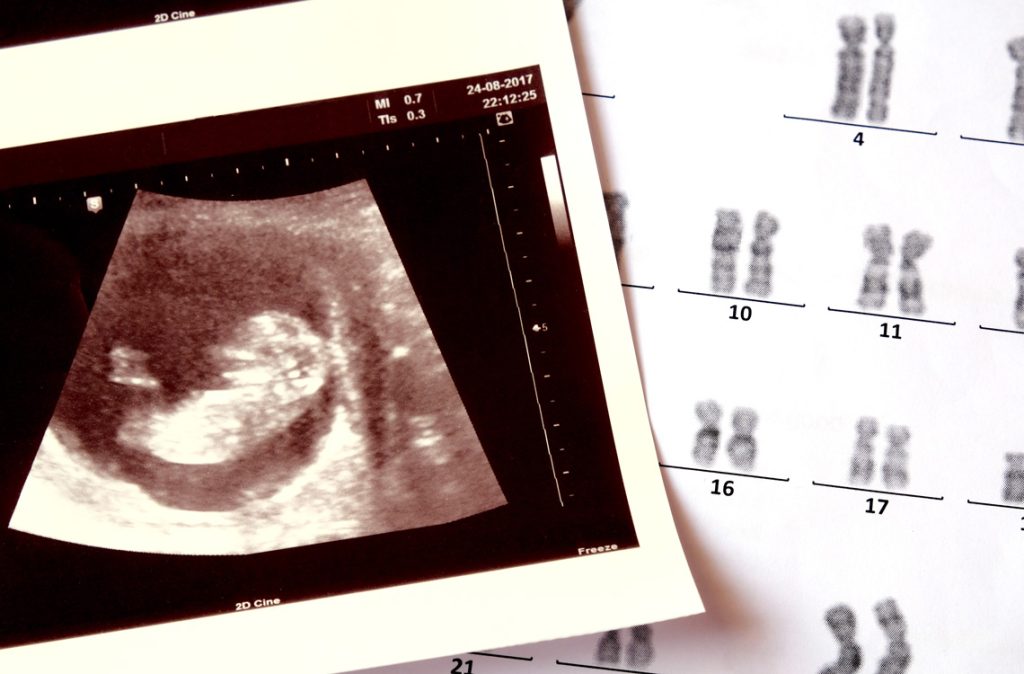Hearing the words “Your baby has Down syndrome” during pregnancy can feel overwhelming.
Raising a child with special needs is not an easy topic to talk about.
It’s natural to feel scared, confused or unsure of what comes next.
But you’re not alone—and there’s support available every step of the way.
Here’s what you need to know if you are expecting a Down Syndrome child.
Understanding the Diagnosis
Down syndrome, also called trisomy 21, is a genetic condition. It happens when a baby has an extra copy of chromosome 21.
This affects physical development, learning ability, and sometimes health.
It is possibly one of the most common birth defects among children.
But every child with Down syndrome is unique.
Some have mild symptoms, while others may need more support.
The condition is usually picked up through prenatal screening or diagnostic tests.
You may have had a combined screening in early pregnancy or a non-invasive prenatal test (NIPT).
If the results were high risk, your healthcare provider may have recommended a diagnostic test like amniocentesis.
These tests are accurate and can confirm the condition before birth.
Take Time to Process
After the diagnosis, you may feel a mix of emotions—shock, grief, guilt, love, or even numbness.
These are all normal.
Don’t rush yourself. Do not make any decisions that you may regret later.
Take a breather and ensure you have emotional support around you.
However, do take time to sit with your feelings on your own.
Figure out how you feel about the diagnosis first before other people start exerting their influence and opinion on you.
Then when you are ready, speak openly with your partner to discuss second steps.
Avoid breaking the news immediately to family members or friends.
However, if you do have close relatives or acquaintances who have gone through what you have, it does not hurt to talk to them. They may have more sympathy for you than other people.
You may also find it helpful to talk to a counsellor or therapist trained in prenatal support if you are feeling especially overwhelmed.
Learn About Life With Down Syndrome
It’s helpful to learn what life can look like for a child with Down syndrome.
Many families say the diagnosis felt scary at first, but their child brought joy, strength, and new purpose to their lives.
Children with Down syndrome can go to school, play sports, learn to read, and form strong relationships.
Yes, there are challenges—developmental delays, medical concerns like heart defects, and extra therapies.
But with early support, many children grow up to live full and happy lives.
Look for stories from real families. Social media, blogs, and Down syndrome organisations often share personal experiences that offer hope and perspective.
You don’t have to face this alone. The Singaporean Down Syndrome Association, for instance, is a wonderful source of resources and community for parents of Down Syndrome children.
They also offer guidance, connect you with other parents, and provide emotional support.
Talk to a Specialist
Oftentimes, your OBGYN will usually be able to inform you adequately about what exactly it means to have a Down Syndrome pregnancy.
However, if you feel like their information is not enough, you can request a referral to a genetics counsellor or specialist.
They can walk you through the diagnosis, answer questions about what to expect, and help you explore your options.
However, don’t expect a genetic specialist to tell you what to do.
Their job is to give you clear, balanced information so you can make the right choice for you and your family.
Know Your Options
After a prenatal diagnosis, you may be thinking about whether to continue the pregnancy. This is a deeply personal decision.
Some parents choose to continue and prepare for life with a baby who has additional needs. Others may consider termination, depending on their personal beliefs and circumstances.
There is no right or wrong choice—only what feels right for you.
If abortion is a decision you will make, talk to your doctor. Singapore has strict laws about abortion.
For instance, you cannot legally terminate a pregnancy unless the pregnancy poses a health risk to the mother or the child has a severe disability.
And even then, you can only request an abortion if the baby is less than 6 months old.
If you find that you have no choice but to carry the pregnancy to term, you can give the baby up for adoption afterwards. They will be given to a loving family who will love and take care of them.
Moving Forward
Whatever path you take, be gentle with yourself. This is not an easy journey, but it’s one you don’t have to walk alone.
If you choose to continue the pregnancy, your healthcare team will help monitor your baby’s development and plan for any extra care they might need at birth.
If you decide otherwise, compassionate support is available to help you through the process.
Disclaimer: The information provided in this article is for informational purposes only and should not be considered as medical advice from Motherhood. For any health-related concerns, it is advisable to consult with a qualified healthcare professional or medical practitioner.
For more insightful stories and parenting advice, stay tuned to Motherhood.sg!
